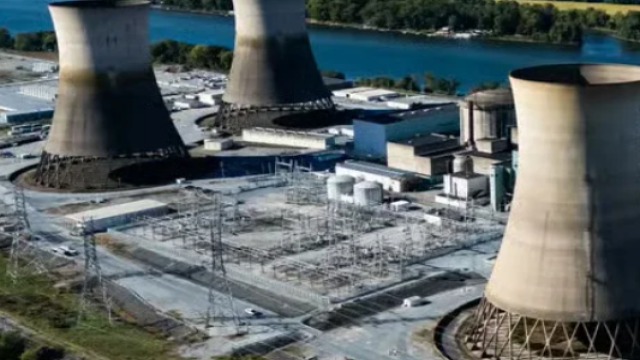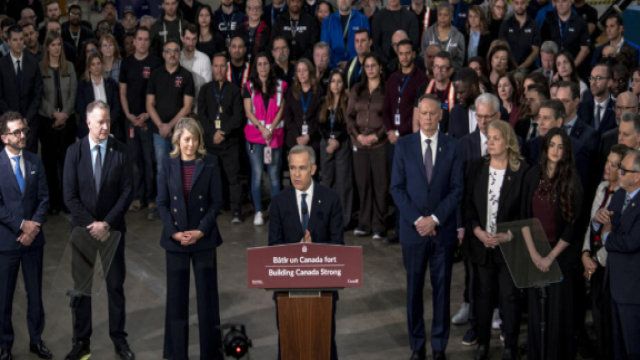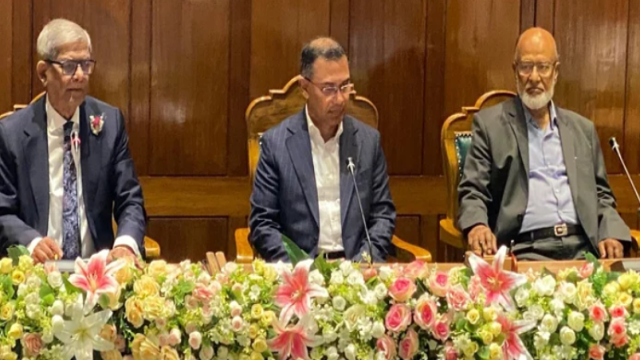Environmental activists have raised concerns over the heightened presence of oil industry lobbyists at the ongoing talks in Ottawa aimed at formulating a global treaty to reduce plastic pollution. The Center for International Environmental Law (CIEL) reported that the number of fossil fuel and chemical industry lobbyists at the negotiations exceeds that of any single delegation, marking a significant increase compared to the previous round of talks in Kenya. This surge in industry representation has sparked apprehension among environmentalists, who view it as a potential obstacle to addressing the pervasive issue of plastic pollution. The meeting in Ottawa holds substantial importance as it precedes the final round of negotiations in South Korea later this year, where a world-first UN treaty to tackle plastic pollution is expected to be finalized. The growing influence of industry lobbyists has prompted concerns about power imbalances and the potential obstruction of progress in formulating effective measures to combat plastic pollution. The clash of interests between plastics producers advocating for increased recycling and environmentalists pushing for reductions in plastic production underscores the complexity of the negotiations. As the talks continue in Ottawa, the implications of industry influence on the formulation of the global treaty remain a focal point of scrutiny and debate.































Comment: